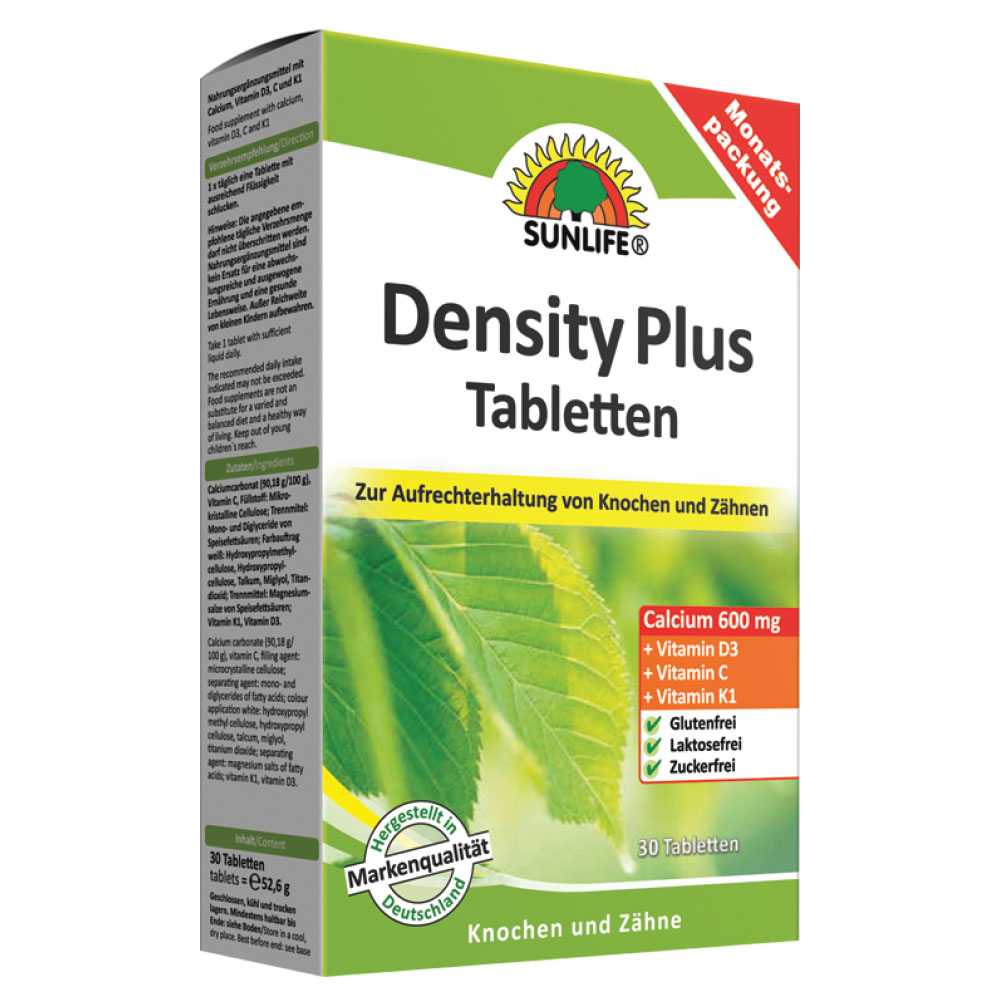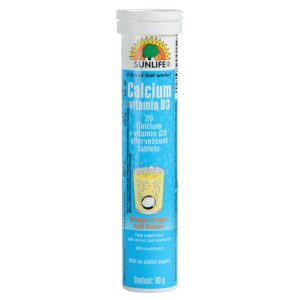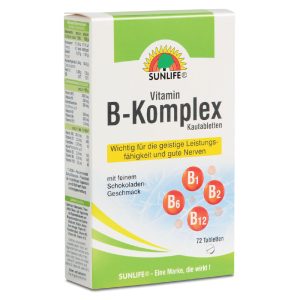Description
further more calcium supports the function of nerves and muscles, vitamin D3 provides an enhanced emplacement and absorption of calcium into the bones, vitamin C contributes to a normal formation of collagen and a normal function of bones .teeth and blood vessels, vitamin KI supports beside the maintenance of normal bone structure also a normal blood coagulation Vitamin KI supplementation retards bone loss in postmenopausal women between 50 and 60 years of age.
Calcium is required for muscle contraction, blood vessel expansion and contraction, secretion of hormones and enzymes, and transmitting impulses throughout the nervous system.
Vitamin D is essential for promoting calcium absorption in the gut and maintaining adequate serum calcium and phosphate concentrations to enable normal mineralization of bone and prevent hypocalccmictctany. It is also needed for bone growth and bone remodeling by osteoblasts and osteoclasts. Without sufficient vitamin D. bones can become thin, brittle, or misshapen. Vitamin D sufficiency prevents rickets in children and osteomalacia in adults. Together with calcium, vitamin D also helps protect older adults from osteoporosis.
Vitamin C is required for the biosynthesis of collagen, vitamin C is also involved in protein metabolism. Collagen is an essential component of connective tissue.
vitamin Kl.supports the remineralisationof healthy bones.
there is increasing evidence that vitamin K improves bone health and reduces the risk of bone fractures, particularly in postmenopausal women who are at risk for osteoporosis. In addition, studies of male and female athletes have also found that vitamin K helps with bone health.






Reviews
There are no reviews yet.